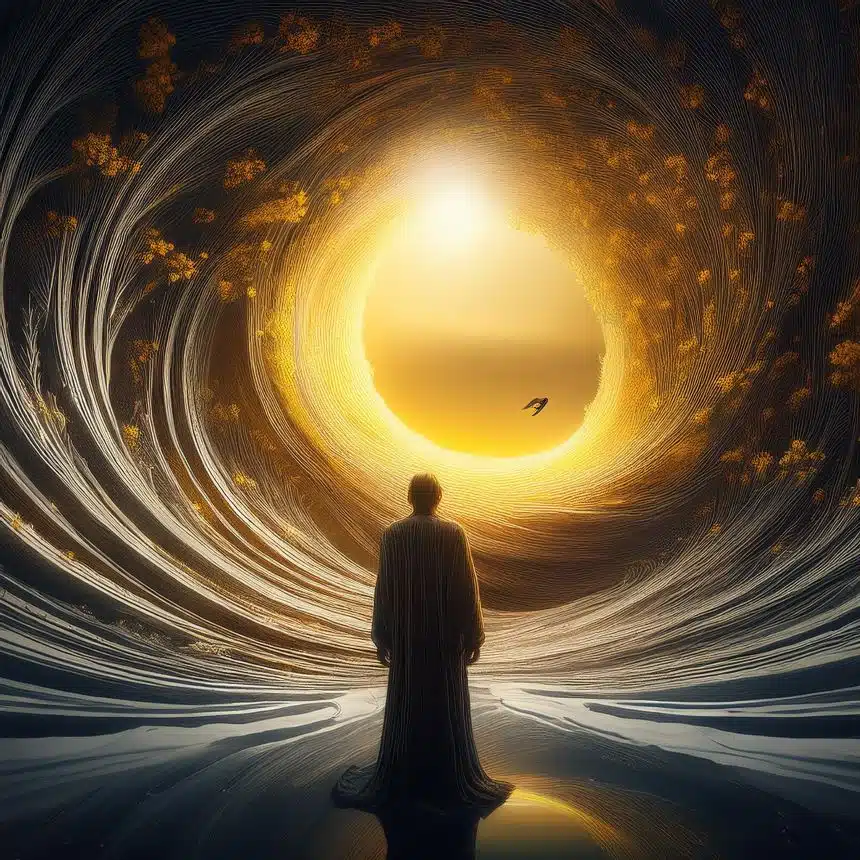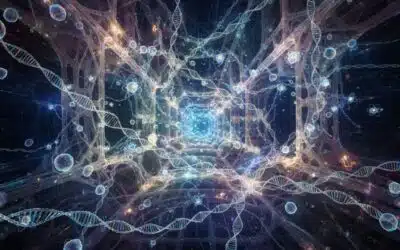I broke the code

Written By Paul Baffier
Blog | Reflections on life | What about me?
Nemo’s recent Eurovision victory with the song “I broke the code” has (re)exposed one of the foundations of our recent culture: iconoclasm.
.
Series: The spiritual path in Dzogchen
Beginning the Dzogchen path
I broke the code
Nemo’s recent Eurovision victory with the song ‘I broke the code’ has (re)exposed one of the foundations of our recent culture: iconoclasm. An energetic cultural movement, full of a punkish yet rationalist élan, this ‘iconoclasm’ presents rebellion as something desirable: a form of spontaneous savagery, inscribed as a primary freedom, free of powers and codes. It’s our desire to ‘screw everything up’ as individualistic rebels. It’s our individualism: it’s the individual in us that forms a system (-ism) and falls in love with a freedom that seems infinite. It is this desire that is systematically present in us, automatically in all our tasks, actions and thoughts.
“Freedom is one of our gods, a pivotal, axial concept on which our desire-attachment and our thirst for pleasure are rooted.”
Since at least the 18th century with the Enlightenment and in the 19th century with a certain interpretation of Nietzschean thought, iconoclastic thinking has grown and become second nature to us. We like people who are out of the ordinary, who flirt with the forbidden, who break the norm. On the other hand, the normative nature of the law and the regularity of the rule seem to us to be ‘rigid’, cold, boring – in short, not very productive – as if they had no dynamism, no innovative or rejuvenating principles.
Yet we associate dynamism with freedom, and freedom is the cultural treasure we cherish. Freedom is one of our gods, a pivotal, axial concept on which our desire-attachment and our thirst for pleasure are rooted; but for all that, and in spite of ourselves, it is an individual freedom, a freedom to choose, what the ‘I’, determined and conditioned by an infinite multifactorial chain of causes and conditions, has “freely chosen” to do. We can see the irony of this false freedom, which hardly withstands up to analysis…
Traditionally, there is no such thing as free will.
This is why, from our cultural point of view, any tradition is doubly suspect:
- firstly because a tradition is made up of a reduction of the old, of norms, of customs: first suspicion!
- Secondly, because this tradition shows that the illusory self has no freedom of choice, since it is completely conditioned in the smallest of its physical actions, mental thoughts and sensory experiences: second suspicion!
So if the ‘I’ really believes that it has the right and the freedom to choose, the tradition tells us that this is the greatest trap, from which it is extremely difficult to free oneself: that of false freedom – the ultimate suspicion!
A tradition that tells us something in profound opposition to what our culture promotes can only be unpleasant.
And yet…
The Dzogchen tradition is crazy in that it runs outside the norm, on the rails of the dynamics of primordial evidence, a wildness that does not have to oppose anything dually; since it is the nature of all power or all rules, it does not consider that there is anything to oppose, and therefore, has nothing to break; because, according to the Dzogchen, wanting to break any code, any illusory conditioned object, is just one more illusory conditioned will in the long chain of wills to get out of-and-return to power relations.
Rather, the experience of primordial self-evidence is that which, when it emerges, appears to be the basis of all rules and disruptions, evolutions and revolutions, highway codes and exits; a wild, untamed basis because it is not backed by any prior conditioning; free, therefore ; though of a freedom very different from that which our cultural conception conceives…
…free even from its own conception, therefore, without concept, and beyond all freedom.
More Posts
Starlight
In "Starlight", Mila Khyentse talks about winter nights, starlight and light of mind. We just have to look up!
The Tibetan Transmission: the Transmission According to the Four Initiations of Vajrayana
The Tibetan transmission, according to the four initiations of Vajrayana, leads to the complete realization of the ultimate nature of all reality.
The ground of all Künshi
This article “The ground of all, Künshi” provide a better understanding of the essential words and concepts of Dzogchen.





